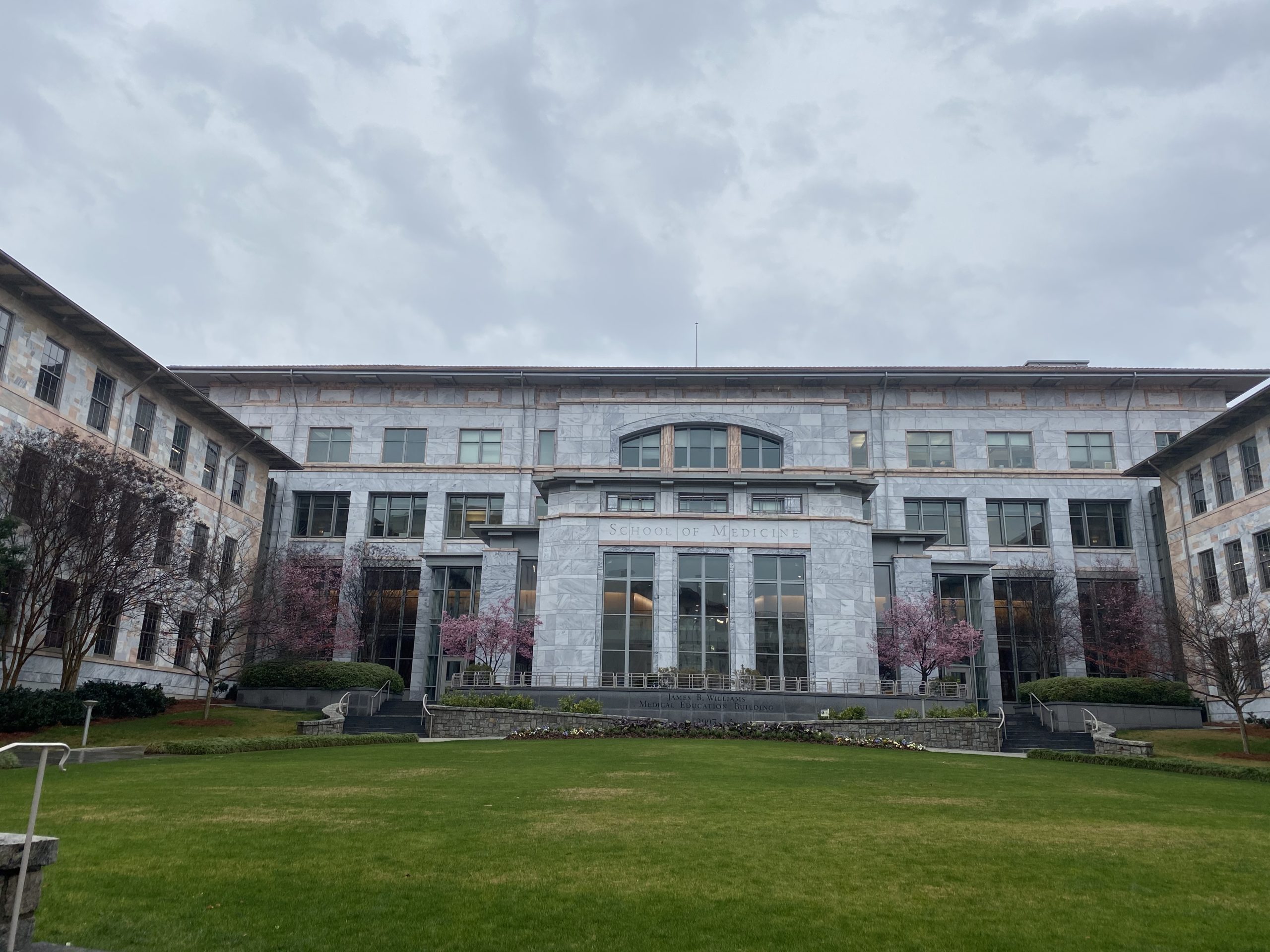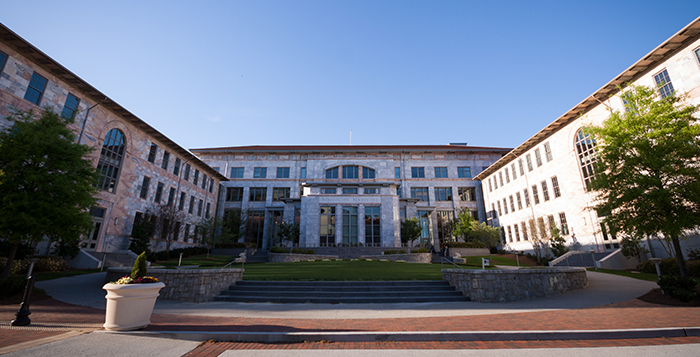
Emory University School of Medicine/Ayushi Agarwal, Managing Editor
Former Emory Medical professor Li Xiao-Jiang pleaded guilty to filing false tax returns and failing to disclose his ties to Chinese research institutions on May 8, according to a May 11 press release from the Department of Justice (DOJ). Li and his wife Li Shihua were fired in May 2019 the National Institutes of Health inquired about Li’s undisclosed foreign funding.
A U.S. district court judge sentenced Li to one year of probation on a felony charge and ordered him to pay $35,089 to the Internal Revenue Service. The case was investigated by the IRS, the FBI and the Department of Health and Human Services.
Li and his wife were also joint lab leaders in the School of Medicine’s Department of Human Genetics, researching Huntington’s disease. They joined Emory in 1995.
Li’s attorney Peter Zeidenberg wrote in a May 14 email to the Wheel that Li was “improperly dismissed” in May 2019 and that the allegation that he had failed to properly disclose his collaboration with Chinese universities was “totally without basis.” Li claims he had disclosed his foreign connections because papers that he and his wife authored included these disclosures.
Zeidenberg wrote that the investigation “only revealed that Dr. Li had failed to report the salary he had earned while working in China — even though he had paid taxes in China on that income.”
According the DOJ’s press release, Li earned over $500,000 in foreign income over a span of six years that he did not disclose in tax returns to the IRS. The income came through the Chinese Thousand Talents Program, a program that seeks to recruit U.S. researchers with grants and salaries that can be “as much as three or four times their existing salaries,” The New York Times found.
A U.S. Senate report on threats to American research states that contracts under the Thousand Talents Program requires “members to undermine fundamental U.S. scientific norms of transparency, reciprocity, merit-based competition and integrity,” and they “incentivize” members to “put China’s interests ahead of U.S. institutions.”
Li joined the Thousand Talents Program in late 2011, and between 2012 and 2018, he conducted research on Huntington’s disease at the Chinese Academy of Sciences and Jinan University while continuing to work at Emory.
U.S. Attorney Byung J. Pak said in the DOJ press release that Li “thought that he could live two, separate lives — one here at Emory and one in China as a Thousand Talents Program participant … eventually the truth caught up.”
In the May 14 email, Ziedenberg wrote that Li “takes full responsibility for the mistake” and “he looks forward to resuming his research and moving on with [his] life.”
The U.S. Attorney’s Office for the Northern District of Georgia declined to comment on the prosecution of the case.
Tanika Deuskar (22C) is from Bangalore, India. She intends to double major in Biology and Creative Writing. She loves jogging, listening to podcasts, and eating spicy food.






